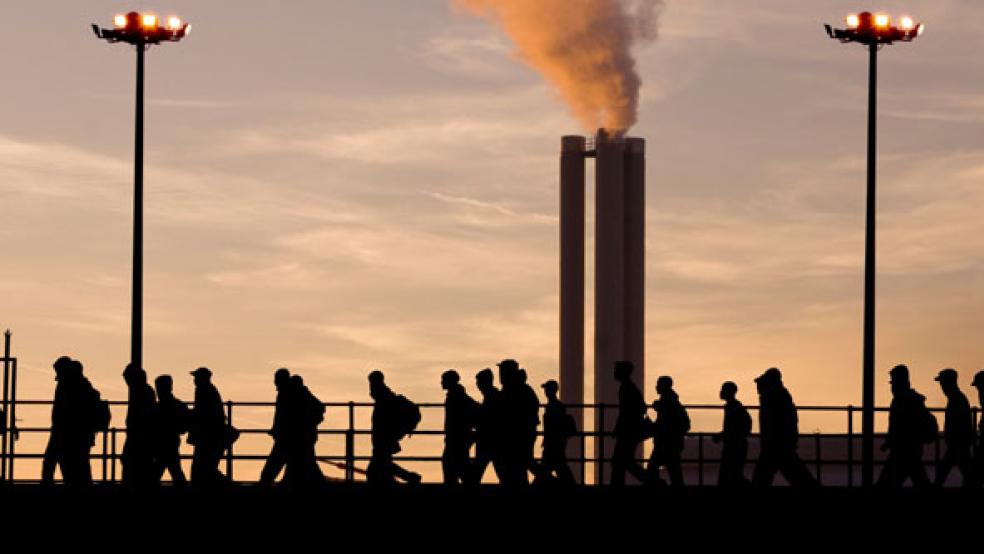The Trump administration promised that the corporate tax cuts would deliver a surge in domestic investment and big pay raises for American workers, but a new analysis suggests that the economic upside from the reduction in tax rates will likely be far more limited.
The reason, according to the economists Gabriel Zucman of the University of California at Berkeley and Thomas Torslov and Ludvig Wier of the University of Copenhagen, is that much of what appears to be investment overseas by U.S. multinationals is really just tax avoidance as profits are parked in tax havens like Bermuda and Ireland – and the new U.S. tax rates won’t do much to reverse that behavior.
The Trump administration’s theory: Kevin Hassett, who leads President Trump’s Council of Economic Advisors, says that high tax rates in the U.S. pressured corporations to invest overseas in the last few decades, building offices and factories in countries with lower tax rates. Lowering the top corporate tax rate from 35 percent to 21 percent would make the U.S. more attractive financially, and companies will respond by investing here, enhancing the total physical capital stock and eventually driving wages higher.
Hassett told Marketplace last November that, “right now companies are moving, at a really high rate of velocity, they're moving their activities offshore to tax havens. About 11 percent of the workers in Ireland are employed by U.S. multinationals who are moving all the profits there and increasing the demand for labor there but not here. And so if they locate the plants here, then that will increase the demand for workers and that will increase their wages.”
But sometimes a tax haven is just a tax haven: The new analysis of the flow of multinational profits in 2015 finds that there is no strong relation between tax rates and productive investments. Most of the profits parked in tax haves just sit there, at least on paper: “Machines don’t move to low-tax places; paper profits do,” the economists write.
Tax havens will remain a far more attractive place to park profits, despite the new, lower corporate tax rate in the U.S., the economists say – a 21 percent tax rate in the U.S. is still much higher than the 0 percent in Bermuda. And contrary to the conventional wisdom on competition between countries, a flow of profits into tax havens does nothing to build up the capital stock in those locales. “Instead of increasing capital stocks in low-tax countries, boosting wages along the way, profit shifting merely reduces the taxes paid by multinationals, which mostly benefits their shareholders.”
The winners in the tax game are highly mobile, with few tangible assets: More broadly, “the textbook model of tax competition doesn’t capture the behavior of today’s largest multinational companies well,” the economists write. “These firms don’t seem to move much tangible capital to low-tax places—they don’t even have much tangible capital to start with. Instead, they avoid taxes by shifting accounting profits.” They offer Google’s parent company as an example, noting that it made $19.2 billion in revenue in Bermuda in 2016, despite barely employing any workers or owning any tangible assets there.
What’s ahead: The tax bill took some steps to reduce profit shifting, but Zucman said that it will take several years before we know how effective they are. “It’s a very complex piece of legislation, and I think it’s just very hard to guess what’s going to happen,” he told The Wall Street Journal. The CBO estimated that the new rules would capture about $65 billion of the estimated $300 billion in profit-shifting that occurs each year. But if the economists are correct, don’t expect to see a huge surge in domestic investment and wages. “This idea that if you cut taxes, you’ll attract a lot of physical capital, a lot of investment to the United States, I don’t think is supported by the evidence,” Zucman told The New York Times. “Paper profits — that doesn’t boost wages for workers. What boosts wages is actual factories.”




